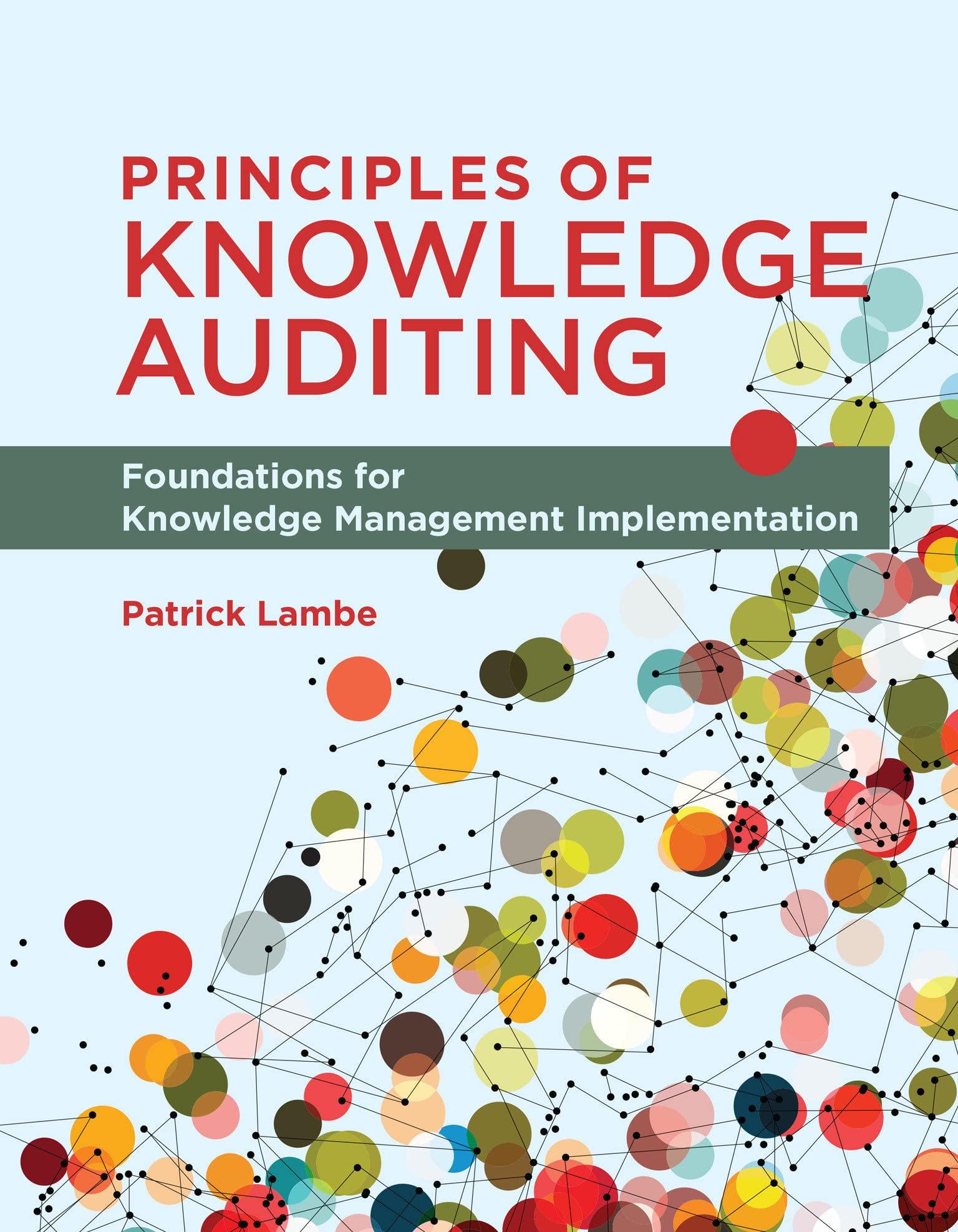Question
QUESTION: Question 1 Dragons Den is long-running UK TV programme that allows entrepreneurs to make a presentation to five potential investors (the Dragons). The aim
QUESTION:
Question 1
Dragons Den is long-running UK TV programme that allows entrepreneurs to make a presentation to five potential investors (the Dragons). The aim of the entrepreneurs is to convince the Dragons to invest in their company. In return for the investment the entrepreneur offers the Dragons a share of the business. The amount of the investment is set but the share of the business offered to Dragons is completely negotiable. The dragons may compete amongst themselves to get a stake in the company by making counter offers.
Many of the entrepreneurs fail to get offers from the Dragons and it might seem that a good way of increasing the chance of receiving offers is to increase the amount of equity that the entrepreneur offers to the Dragon. However, for the deals negotiated on the programmes (where the details are known) no deal has ever been agreed which offered an equity stake of more than 50%. In the 2019 series in the 13 successful negotiations the Dragons accepted an average of 27% of the companies equity in return for their investments.
c) Assume that the Dragon has a five year investment horizon and the expected return on the investment is 19.4182% per year which compounds over five years. How much will the Dragon expect to receive in five years if the project is successful where the probability of success if the entrepreneur puts in effort is 0.7? (15%)
d) Given the figure above, is the market for venture capital (as represented by the five Dragons) in equilibrium? Explain why or why not. (15%)
e) Suppose that after the show has been recorded during the due diligence process the entrepreneur reveals that by playing the card game poker over the internet during the day he can earn 20,000 per year. If the entrepreneur does not put in effort the probability of a successful investment falls to 0.3. Will the Dragon still invest and what is the maximum amount of private benefits that the entrepreneur could potentially make before the Dragon will not invest (explain
your calculations)?
(15%)
Step by Step Solution
There are 3 Steps involved in it
Step: 1

Get Instant Access to Expert-Tailored Solutions
See step-by-step solutions with expert insights and AI powered tools for academic success
Step: 2

Step: 3

Ace Your Homework with AI
Get the answers you need in no time with our AI-driven, step-by-step assistance
Get Started


